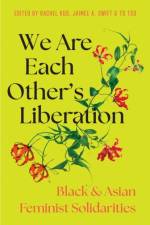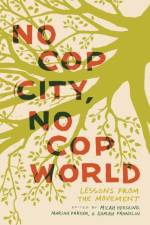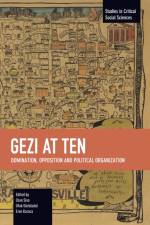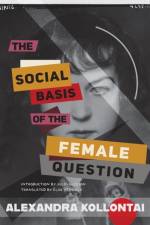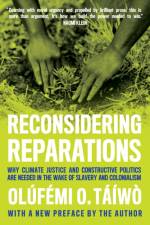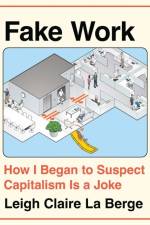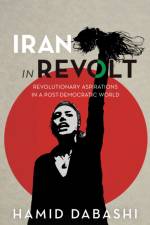291
A love letter to Palestinian ancestors, their descendants, and their land, to all anti-colonial and anti-imperialist struggles, to a history that will never be forgotten, and to a future in which there thrives a free, free Palestine.Poetry has always served as a mode of resistance in Palestinian culture. In defiance of dispossession and decades of military siege, of a nakba that never ended, of historical and cultural obfuscation, of unrelenting violence and thousands of martyred people, the "power to narrate," as Edward Said wrote, remains a necessary tool for self-determination. The poems collected here reclaim that power, bridging borders, languages, and generations to forge new conversations around resistance and liberation.HEAVEN LOOKS LIKE US is a battle-cry against the annihilation of a people. As Palestinian history remains haunted by exile, violence, and grief, so, too, are the poems in this anthology. And yet, editors George Abraham and Noor Hindi present these realities alongside other themes that are also true: queer and feminist perspectives, eco-poetry, meditations on love and time, and lineages of protest. This anthology dares to imagine a future beyond a nation-state for Palestinian people everywhere. Contributors include Refaat Alareer, Mahmoud Darwish, Naomi Shihab Nye, Mohammed El-Kurd, A.D. Lauren-Abunassar, Lena Khalaf Tuffaha, Hala Alyan, Fady Joudah, and Heba Abu Nada, and many other voices, both established and ascending.








